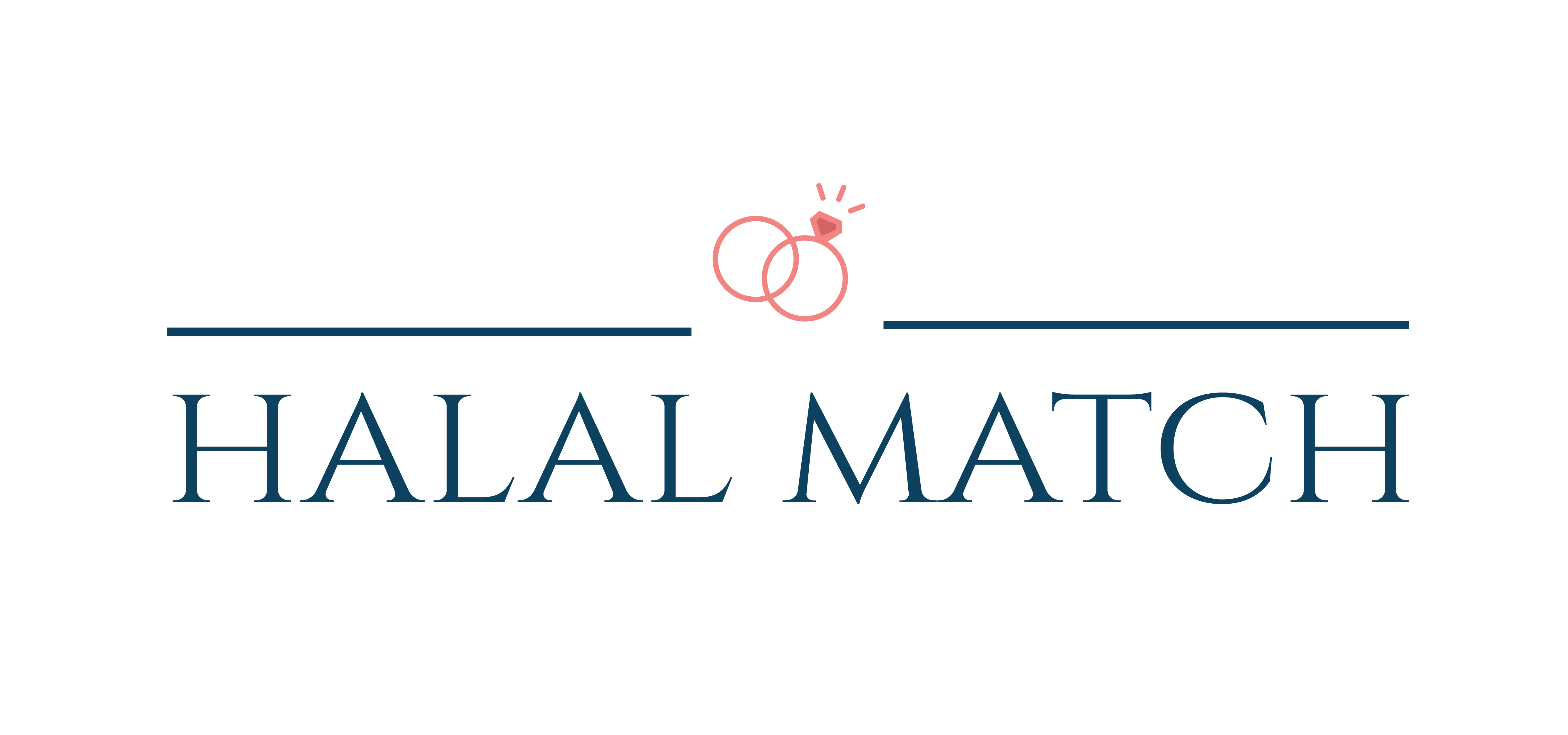Last week, I found myself grappling with a situation that has left me feeling incredibly stressed and confused. My job is to help people find their life partners, but sometimes that requires delivering feedback that isn’t easy to hear. This particular experience forced me to question my approach: Was I right to be honest, or did I cross a line?
A client of mine had been rejected by two potential matches. She asked me directly why they weren’t interested, and while we typically don’t share specific feedback, I felt it was important to honor her request for clarity. The two brothers had both mentioned a lack of physical attraction. In my heart, I believed their hesitancy might be due to her thick eyebrows. She is a very attractive woman, mashaAllah, and I genuinely couldn’t think of another explanation.
As a Muslim woman and a graduate of Sharia, I understand the religious guidance surrounding eyebrow grooming. Personally, I don’t pluck my eyebrows, but I do trim them to keep them neat. I thought this might be a perspective she wasn’t aware of, so I decided to share it with her, not as a criticism, but as advice she could consider. I assured her that the choice was hers alone and that we would respect her choice. Unfortunately, my attempt to be helpful backfired.
She responded with an angry email, demanding a refund and expressing that my comments had disrespected and hurt her deeply. Her words hit me hard and I felt like my heart sank to my stomach. It was never my intention to cause harm, and knowing that my words made someone feel this way filled me with guilt and regret.
I immediately reached out to apologize, explaining that I had never meant to hurt her and asking for her forgiveness. I suggested a phone or video call to clarify my intentions because I know that emails can often fail to convey tone and emotion. But she wasn’t open to that. She felt my apology was insincere and accused me of trying to justify myself.
In an effort to connect with her, I shared something personal. I told her that as someone living with a disability, I understand how sensitive feedback about personal attributes can be, and I try to be extra considerate with my words. I hoped this would show her my sincerity, but it only seemed to make things worse. She compared my feedback about her eyebrows to someone asking me to “fix” my disability. I felt that this comparison was unfair to me and her. Trimming one’s eyebrows is an easy, permissible choice, while a disability is something one learns to live with.
Now, you might be wondering: Why bring up her eyebrows in the first place? Here’s why: First, she’s somebody who’s done significant self-work. Second, she explicitly asked for my feedback. And third, I genuinely thought she might not be aware of the permissibility of trimming the eyebrows. I was trying to provide information that could help her navigate the matchmaking process. But despite my efforts to explain and apologize, she continued to feel disrespected.
This entire situation has lingered in my mind for days. It hurts to know that someone thinks I am insensitive and disrespectful. In an attempt to prevent further discomfort, I unsubscribed her from our newsletter, not out of ill will, but because I didn’t want her to receive an email from me and be reminded of this experience. What makes this even harder for me is that I’m working on launching a YouTube channel where I reflect on the Quran and share insights from my journey. But this experience has left me so uneasy that I can’t shake the fear that she might find my channel one day, listen to my content, and think to herself, What a hypocritical person, talking about the deen while having no sympathy for others’ feelings. This thought worries me more than the potential impact on the reputation of our business.
As a matchmaker, my role isn’t just to introduce people to potential matches, it’s also to provide feedback that can help them succeed in their search. Sometimes that means addressing things that are within their control to change. I don’t believe in sugarcoating the truth, especially when it comes to something as simple and permissible as trimming one’s eyebrows. My intention was to save her time and frustration by addressing a potential barrier. She suggested that I could’ve simply stated a lack of physical attraction without going into details. But that approach felt incomplete. How can I truly help someone if I withhold actionable information that might make a difference?
This experience has left me conflicted. On one hand, I want to be honest and transparent with my clients because that’s what I would want if I were in their position. On the other hand, I now see how even well-intentioned feedback can be deeply hurtful. I’ve spent a lot of time reflecting on this and making dua for her. I pray that she finds peace and success in her journey.
As a matchmaker, my ultimate goal is to help my clients achieve their dreams of finding love. But moments like these remind me how challenging and deeply personal this work can be. I’m questioning how I can balance honesty with sensitivity moving forward. For now, all I can do is learn from this experience, strive to do better, and trust that my intentions will guide me in the right direction.







